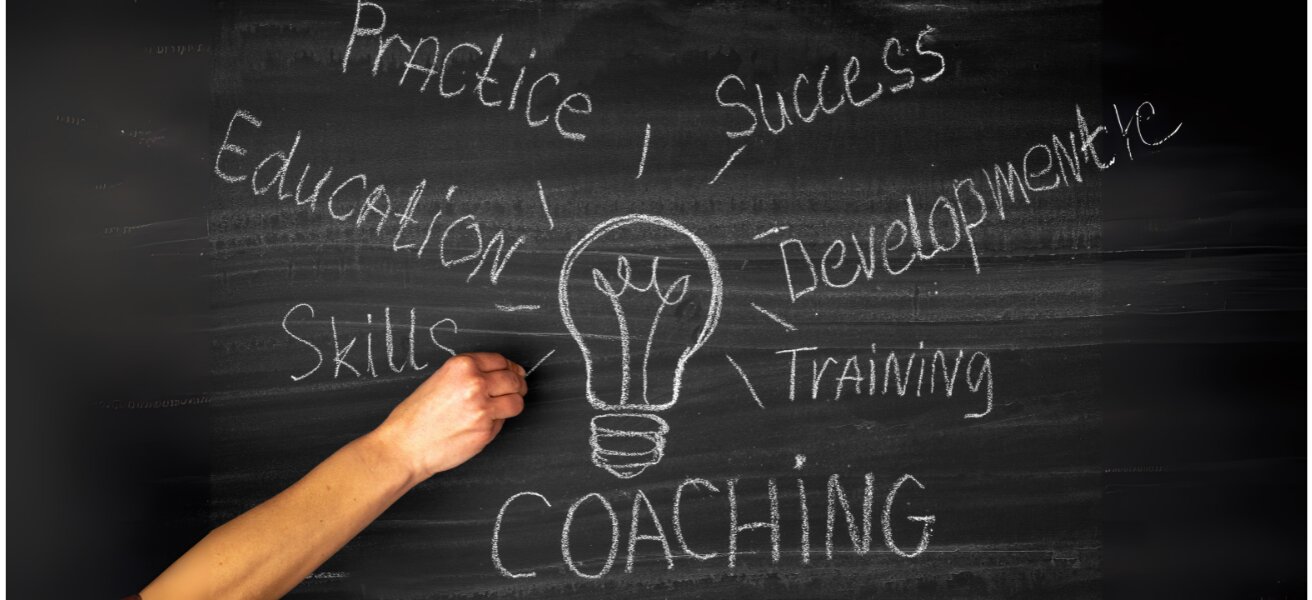Parents often ask what executive function coaches do. In short, executive function coaches help students plan, start, and finish meaningful work by teaching practical skills like time management, organization, task initiation, self-advocacy, and emotional regulation. Coaching turns big goals into simple weekly plans that students can repeat at school and at home.
What is Executive Function
Executive function is the brain’s control center for getting things done. It covers planning, prioritizing, organizing materials, managing time, initiating tasks, sustaining focus, regulating emotions and impulses, self-monitoring, and adjusting when plans change. Strong EF skills help kids turn good intentions into consistent action in class and at home.
Who Benefits from Executive Function Coaching
EF coaching can help any student who struggles with structure or follow through. It is especially helpful for:
- ADHD
- Dyslexia
- Anxiety
- Other learning disabilities such as slow processing, reading comprehension challenges, and twice-exceptional profiles
- Traumatic brain injury and concussion
- Students who are smart and scattered
- Young adults learning to manage school, finances, appointments, and job applications
What Executive Function Coaches Do

The goal is lifelong skills that go beyond grades. Coaches help students strengthen discipline, focus, resilience, work ethic, independence, and confidence. More specifically, students learn to plan and prioritize, organize materials and digital files, manage time, begin tasks without long delays, sustain attention and refocus after distractions, manage emotions and impulses, self-monitor and reflect, communicate needs and self-advocate, and build a growth mindset.
How Coaches Work With Your Child
Effective executive function coaching is personalized. The coach collaborates with your child to create routines and tools that fit their strengths, challenges, and preferences. Expect a mix of planning, practice, and short check-ins that keep momentum moving.
- Goal setting and execution
Big goals become weekly plans and daily actions. Students learn to choose a first step, place it on a calendar, and track follow through so progress is visible. - Establishing routines and structure
Predictable anchors create calm and control. Examples include a Sunday planning reset, a short after school routine for backpack and portal checks, and a five minute nightly shutdown to prepare for tomorrow. - Using tools and technology
Coaches introduce calendars, task apps, simple file names, and portal audits. Browser hygiene matters. Fewer open tabs and saved study sessions reduce friction and help students restart quickly. - Direct academic support with EF skill building
Coaches are not tutors, yet they build EF skills inside real assignments. A student may outline a paper, set milestones for a lab, review a past test to plan next steps, or rehearse a presentation. The emphasis is on repeatable processes rather than quick fixes. - Communication skills and self-advocacy
Many students avoid asking for help because they are unsure what to say. Coaches role play office hour conversations, draft concise emails, and practice follow ups. Students learn how to request accommodations and clarify expectations before deadlines. - Balancing life, sleep, movement, and responsibilities
Better sleep and brief movement breaks protect attention and mood. Coaches help map the week so school, activities, and downtime can coexist without constant crisis. - Positive reinforcement and accountability
Small wins matter. Coaches use short check ins, effort points, and quick progress snapshots to reinforce the right habits. Off days are handled with a calm reset and a clear next step. - Developing self-awareness
Students identify which times and places produce focus, how long a work sprint should be, and what to do when motivation dips. Short reflections build insight so future plans are smarter and simpler.
Does Executive Function Coaching Work
Research from universities and school programs shows that coaching helps students with attentional and organizational challenges. Reported outcomes include improved time management, more consistent academic follow through, better self-control, and higher well-being. Families often see fewer missing assignments, calmer evenings, and a student who can explain a concrete plan for the week.

Frequently Asked Questions
What problems does an executive function coach solve for my child?
Missed deadlines, disorganized materials, last-minute rushes, and difficulty starting work are the most common. Coaching builds simple systems that prevent these problems.
How is an executive function coach different from a tutor?
Tutors teach subject content. An executive function coach teaches the process for planning, organizing, managing time, and self-advocating across every class.
How long until we see progress?
Many families notice better planning and fewer crises within four to six weeks when routines are practiced consistently.
Is executive function coaching helpful for ADHD or anxiety?
Yes. Structured routines, short work sprints, and predictable check-ins reduce overwhelm and make follow through more likely.
What can parents do at home?
Keep a weekly family planning check in, protect sleep, and ask your child to share the three most important tasks for tomorrow.
Ready to explore support for your child
At Untapped Learning, our near peer coaches combine relationship, skill building, and practical tools that fit your family’s routines. Parents can book a free consultation to see if coaching is right for your family.





